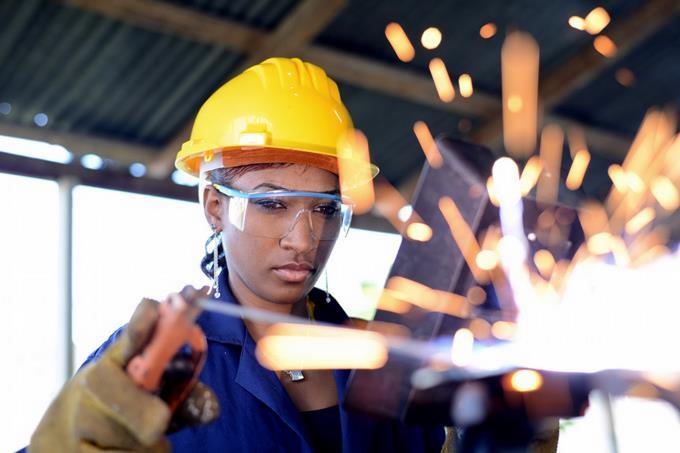
The Dominican Republic advanced one position in the global Human Development Index from 90 in 2017 to 89 of 189 countries in 2018, according to the report presented Tuesday, 10 December 2019 by the United Nations Development Program (UNDP). The United Nations Development Programme presented the Human Development Report (HDR) 2019 “Beyond income, beyond averages, beyond the present: Inequalities in human development in the 21st century.” The report points out that asymmetries in human development work against people, limiting the scope of their maximum potential in work and life, and are a bottleneck for achieving Agenda 2030 and sustainable development.
UNDP senior economist Socrates Barinas said that the life expectancy at birth in the Dominican Republic is up 7.3 years, expected schooling is up 2.6 years and gross national income per capita has nearly tripled from 1990 to 2018. “In terms of human development we have grown from 2010 to 2018 by 6% and that is very positive. This indicates that we are reaching achievements, but these are more associated with the monetary economy while we are not reducing the index of gender inequality,” Barinas said.
The report stresses that neither is redistribution of wealth alone enough. It is also necessary to continue working to close the gaps in basic deprivations (access to education, minimum levels of health and technological devices, among others), and to build public policies to combat the new generation of inequalities in human development, which is currently on the rise.
Barinas noted that young women are now facing greater inequalities and earn 20% less than men even when they are more prepared and university classroom enrollment and the mix of female and male graduates demonstrate this. He criticized the government’s failure to prioritize childcare so that mothers can study and work. “If you ask me what I recommend to the president, I would tell him that we should open more care centers throughout the country and technology centers so that women can insert themselves into the economy,” said the economist.
The report also warns that climate crisis is affecting the poorest people most intensely, while technological advances, such as IT skills and artificial intelligence, can leave entire groups of people in labor markets behind, especially people with low professional qualifications and women, who because of gender inequalities occupy positions that can be automated.
An essential aspect highlighted by the 2019 Human Development Report is the Gender Inequality Index (GDI), which for the DR has a value of 0.453, placing it 104th out of 162 countries in the 2018 index. In the Dominican Republic, only 24.3% of legislature seats are held by women, when 58.6% of adult women have attained at least a secondary level of education compared to 54.4% of their male counterparts. The evolution of the GDI shows a slow reduction in gender inequities, the pace of which is slower compared to the behavior of the HDI.
A broader view of the GDI indicators shows that, for every 100,000 live births, 92.0 women die from pregnancy-related causes; and the adolescent birth rate is 94.3 births per 1,000 women aged 15-19. Female participation in the labor market is 50.9% compared to 77.6% for men.
Inequality continues to be very high in terms of the power exercised by men and women in the home, at work or in politics. In the home, women perform more than three times as much unpaid care work as men. In political power quotas, while men and women vote equally, the higher the sphere of power, the wider the gap in terms of parity. The report points out that because of this and other gender equality factors mentioned above, the country loses 40% of its development.
During the presentation, the UNDP resident representative in the country, Inka Mattila, commented that public policymakers have to take into account variables about what people feel and what makes them happy to continue advancing in human development and that knowledge is more inclusive and not just calculated by people’s general income.
Read more in Spanish:
UNDP Human Development Report 2019
Listin Diario
11 December 2019

